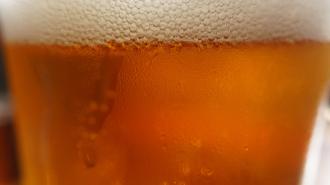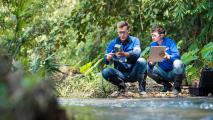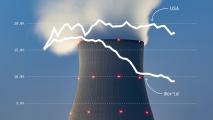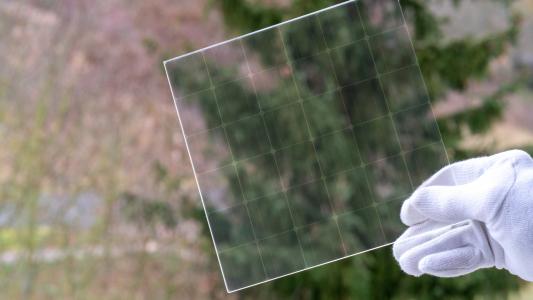Singapore’s national water agency, PUB, has found a new way to raise awareness of its water conservation methods: beer, made from purified wastewater.
Made by brewery Brewerkz, NEWBrew is made from NEWater, upcycled from the city-state’s sewers, to educate Singaporeans on the importance of water recycling. The beer went on sale this past April.
“I seriously couldn’t tell this was made of toilet water,” beer buyer/drinker Chew Wei Lian told Bloomberg. “I don’t mind having it if it was in the fridge. I mean, it tastes just like beer, and I like beer.”
Singapore’s national water agency has found a tasty way to raise awareness of its water conservation methods: beer, made from purified wastewater.
With drinking water supplies suffering from pollution and drought, many municipalities have turned to the huge potential in treated wastewater. Per Bloomberg, PUB began recycling wastewater in 2003 to help improve the island nation’s water security by providing weather-resilient water.
And as climate change and overuse continue to stress water supplies, many municipalities, like in Southern California, are turning to or seriously considering wastewater reclamation to ensure fresh water for the future.
Billions of dollars are being invested into efforts like Los Angeles County’s Joint Water Pollution Control Plant and Operation Next, an initiative from Los Angeles Department of Power and Water, the Los Angeles Times reported.
“Our goal is really to turn the largest discharge of treated wastewater in Southern California into an engine for groundwater replenishment,” Metropolitan Water District of Southern California group manager Brad Coffey told the LA Times.
“That’s in an attempt to interrupt, break the snowpack-dependent water cycle of much of California and much of the West … that’s threatened by climate change.”
While perfectly safe, getting the public to believe reclaimed water is clean enough to drink will be key to its acceptance — hence beer.
But in addition to infrastructure challenges, garnering public support has been … difficult.
As LAist’s Erin Stone noted, the idea of wastewater reclamation began being seriously considered in SoCal over two decades ago — it’s not new technology. But political and business interests — not to mention the media using such catchy turns as “toilet-to-tap” to talk about it — slowed the momentum.
And, to be fair, it’s natural to be reticent if you don’t know just how pure reclaimed water really is.
In Singapore, standard treated wastewater (already heavily disinfected) is sent to a NEWater plant and further purified in an intensive three-step process.
First, the water moves through microfilters, which remove solids, particles, and pathogens, followed by further filtration using reverse osmosis, which ensures only H2O remains. Finally, the water is again disinfected using UV light.
“I mean, it tastes just like beer, and I like beer.”
Chew Wei Lian
While perfectly safe (and tasteless), getting the public to believe reclaimed water is clean enough to drink will be key to its acceptance — hence using it to make beer.
“NEWater perfectly suits brewing because it tastes neutral,” Mitch Gribov, Brewerkz’s head brewer, told Bloomberg. “The mineral profile of water plays a key role in chemical reactions during brewing.”
We’d love to hear from you! If you have a comment about this article or if you have a tip for a future Freethink story, please email us at [email protected].






